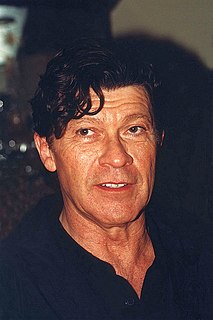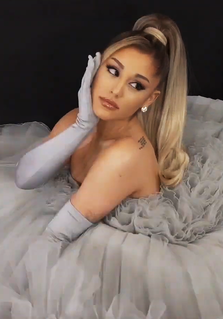A Quote by Robbie Robertson
I was a storyteller for The Band. It was never, 'Hey guys, here's a song about what happened to me.' I was always more comfortable writing fiction.
Quote Topics
Related Quotes
As a youngster when I started writing and stuff, I did actually write more from other people's perspectives. When I hit 18 and something happened to me that hurt me, I discovered that writing the truth is really therapeutic and amazing. Every single one of my songs is about something very personal to me and I could tell anyone what it's about, each song. Like a diary, basically.
I called the guys from Promise of the Real, whom I've been playing with, and they were all on the road. Right after I hung up the phone, I wrote another song and started writing another, and I'm going, "Hey, I can't wait. I should be doing this now!" My experience tells me that when it's there, it's there, and you can't make it wait. So I got Jimmy Keltner and Paul Bushnell, two good guys, and went in and did this record ["Peace Trail"].
Once a poet always a poet, and even though I haven't written poems for a long time, I can nonetheless say that everything I've ever learned about writing lyrical fiction has been informed by three decades of writing in lines and stanzas. For me the real drama of fiction is almost always the drama of the language.
I was just fooling around with the piano and Todd [Phillips] was like, 'Hey there's a great spot in the movie [The Hangover] where we need a little bit of a breath in the narrative. You should write a song and stick it in there.' And I was like, 'Well, what should the song be about?' And he said, 'The tiger.' 'Oh, okay.' So I went off and I wrote this song. I came back and Todd and I tinkered with it a little more and then we shot it right then. It all happened in a day.
It had also been my belief since I started writing fiction that science fiction is never really about the future. When science fiction is old, you can only read it as being pretty much about the moment in which it was written. But it seemed to me that the toolkit that science fiction had given me when I started working had become the toolkit of a kind of literary naturalism that could be applied to an inherently incredible present.
So many of my friends have always been women growing up... I always feel slightly more comfortable around women because with guys in general there's always more of a danger zone... it's very aggressive sometimes the way guys act with each other, putting each other down and calling each other names, so I was always too sensitive for that and used to hang out with the girls. And they were always really funny to me.
When I was a young boy, I preferred cats to dogs. From the age of seven or eight onwards I just felt more comfortable with cats. And I felt more comfortable with girls, I didn't really like hanging out with guys. When I was about ten or eleven, I was friendlier with the girls in my school than with the guys.



































